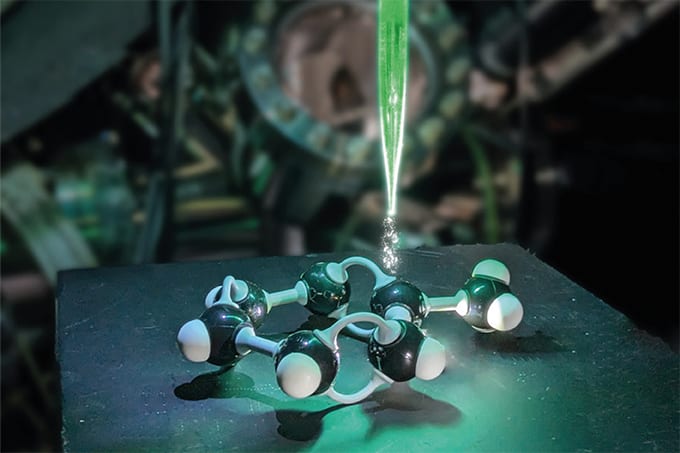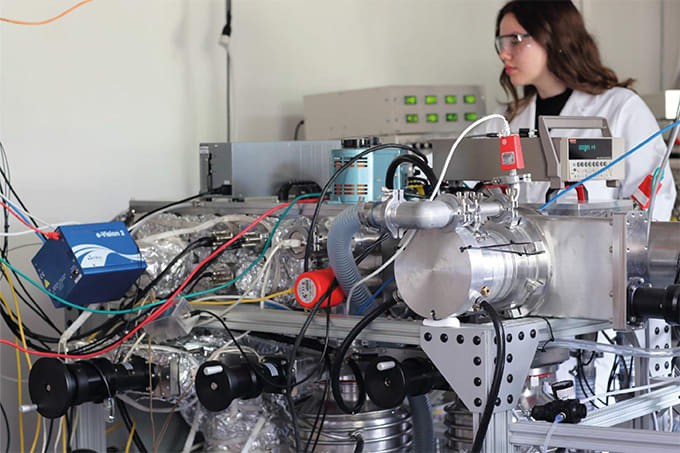Early small molecule drug discovery uses cell permeability assays to determine the chemical structure and physiochemical properties of candidate molecules – but these in vitro studies are time-consuming, expensive, and lack the resolution to discriminate between similar molecules. Enter differential mobility spectrometry (DMS)...

Though DMS is a technology known more for its ability to separate analytical ions from chemical noise, researchers at the University of Waterloo were interested in probing how ions interact with solvent vapor. “We caught the attention of scientists at Pfizer, who were already collaborating with SCIEX, and so we decided to merge some of our efforts,” says Scott Hopkins, a professor of chemistry at the University of Waterloo. DMS uses oscillating electric fields to influence the motion and temperature of ions in the DMS cell. The researchers used this dynamic environment to drive rapid cycles of water condensation and evaporation (tens of thousands of times over the course of several milliseconds) and monitor the water vapor’s interaction with drug molecules. The interaction, the researchers found, correlates well to properties like solubility, pKa and cell permeability (1).
The technology could eliminate the need for experienced technicians to perform a battery of tests to ascertain the properties of a potential drug. Instead, a single DMS analysis could obtain the same information – plus the ability to differentiate between structurally similar molecules – in a fraction of the time. “The key thing from the drug discovery perspective is that we can make property measurements in seconds, with only picograms to nanograms of sample. Consequently, with a little more work, DMS could be used for cost-effective, high-throughput assays,” says Hopkins.
References
- C Liu et al., “Assessing physicochemical properties of drug molecules via microsolvation measurements with differential mobility spectrometry,” ACS Cent Sci, 3, 101–109 (2017). PMID: 28280776.




